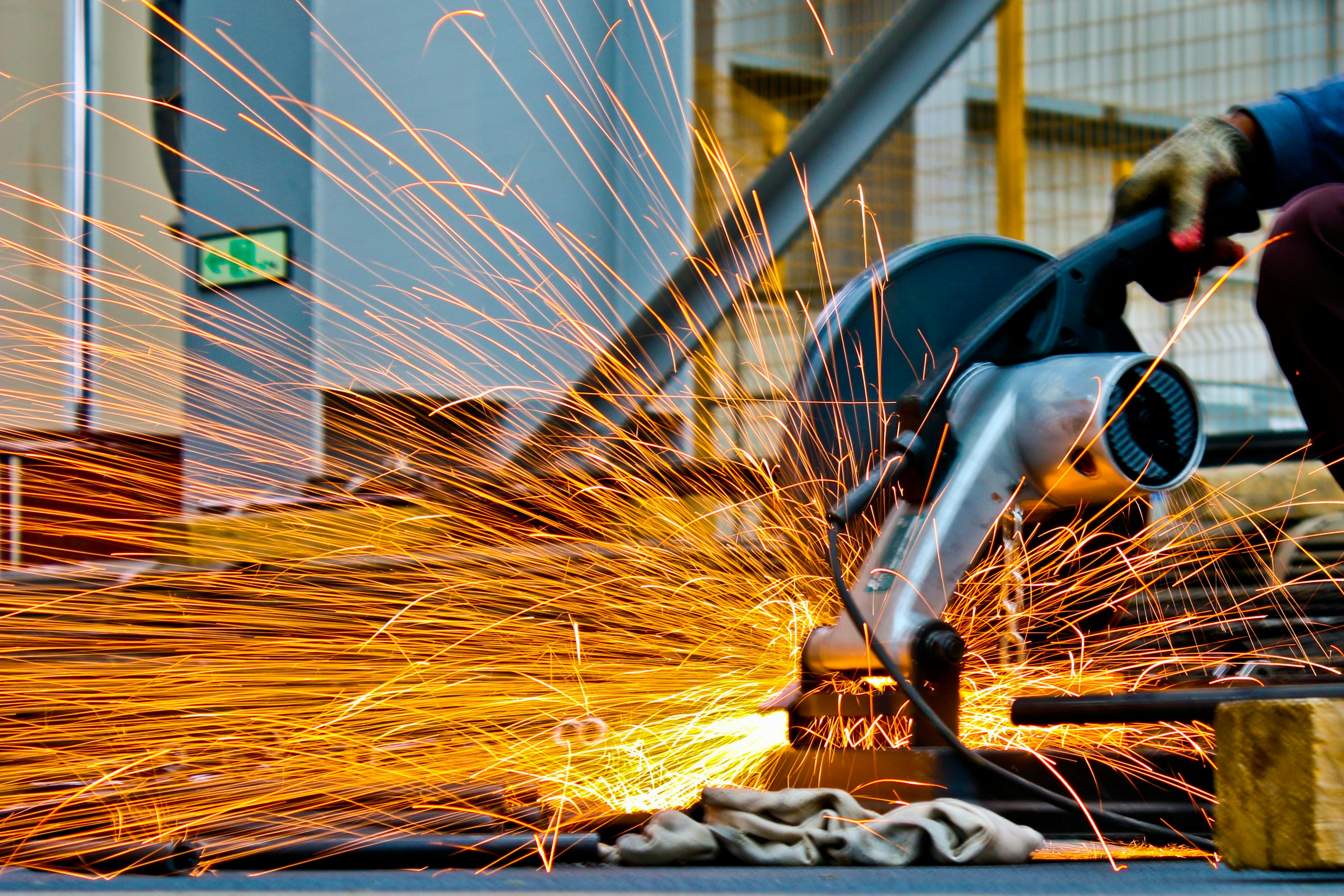Career Paths with Welding Companies in the UK
The welding industry in the UK offers diverse career opportunities across multiple sectors, from construction and manufacturing to offshore energy and aerospace. With ongoing infrastructure projects, industrial expansion, and skilled labour shortages driving demand, welding professionals can explore various pathways within established companies. Understanding the industry landscape, daily responsibilities, and employer expectations provides valuable insight for those considering welding careers, though specific job availability varies by region and company needs.

What Welders Do Day to Day
Welding professionals engage in varied daily activities depending on their specialisation and workplace environment. Fabrication welders typically begin their day reviewing technical drawings and specifications, preparing materials, and setting up equipment for specific projects. Their responsibilities include cutting, shaping, and joining metal components using various welding techniques such as MIG, TIG, or arc welding.
Maintenance welders focus on repairing and maintaining existing structures and equipment. They inspect machinery, identify wear patterns, and perform preventative maintenance tasks. Their work often involves troubleshooting problems, replacing worn components, and ensuring compliance with safety standards.
Offshore welders working on oil rigs or wind farms face unique challenges, including weather conditions and confined spaces. They perform structural repairs, install new equipment, and maintain critical infrastructure. Pipeline welders specialise in joining sections of pipes for gas, oil, or water distribution systems, requiring precision and adherence to strict quality standards.
Quality control forms a significant part of daily responsibilities across all welding roles. Professionals regularly inspect their work using visual examination, dye penetrant testing, or radiographic methods to ensure welds meet specified standards and safety requirements.
Why Welding Companies Are Hiring in the UK
Several factors contribute to increased hiring activity within UK welding companies, representing general industry trends rather than specific job openings. The government’s infrastructure investment plans, including railway upgrades, renewable energy projects, and housing developments, create sustained demand for skilled welding professionals across the construction sector.
Manufacturing companies expanding their operations require welders for production lines, equipment installation, and facility maintenance. The automotive industry’s shift towards electric vehicles has generated new opportunities in battery housing fabrication and lightweight component assembly.
Brexit-related changes have affected the availability of European workers, creating labour shortages in skilled trades including welding. This situation has prompted companies to invest more heavily in training programmes and offer competitive packages to attract domestic talent.
The growing renewable energy sector presents significant opportunities, particularly in offshore wind farm construction and maintenance. These projects require specialist welders capable of working in challenging marine environments and adhering to stringent safety protocols.
An ageing workforce also contributes to hiring needs, as experienced welders approach retirement. Companies actively seek younger professionals to maintain operational capacity and transfer institutional knowledge.
Skills Employers Value Most
Technical proficiency remains the foundation of employer expectations, with certification in multiple welding processes highly valued. Companies prioritise candidates holding relevant qualifications such as City & Guilds certifications, NVQ Level 2 or 3 in Fabrication and Welding, or specialist tickets for specific industries like offshore or nuclear work.
Safety awareness stands paramount across all welding roles. Employers seek professionals who understand health and safety regulations, can identify potential hazards, and consistently follow established safety procedures. Knowledge of COSHH regulations, risk assessment procedures, and personal protective equipment requirements proves essential.
Problem-solving abilities distinguish exceptional candidates from average performers. Welding projects often present unexpected challenges requiring creative solutions while maintaining quality standards. Employers value professionals who can adapt techniques, suggest improvements, and work independently when faced with complex situations.
Physical fitness and dexterity are crucial for many welding positions, particularly those involving confined spaces, elevated work, or extended periods in uncomfortable positions. Companies assess candidates’ ability to maintain precision and quality while working under physical strain.
Communication skills become increasingly important as projects grow more complex and collaborative. Welders must effectively communicate with supervisors, interpret technical documentation, and coordinate with other trades professionals. Basic computer literacy helps with modern equipment operation and documentation requirements.
Continuous learning demonstrates professional commitment and adaptability. Employers favour candidates who stay current with evolving techniques, new materials, and changing industry standards. Willingness to pursue additional certifications and attend training courses indicates long-term career potential.
| Qualification Level | Training Provider | Typical Duration | Cost Estimation |
|---|---|---|---|
| NVQ Level 2 Fabrication and Welding | Local Colleges | 12-18 months | £3,000-£5,000 |
| City & Guilds 6129 Welding | Training Centres | 6-12 weeks | £1,500-£3,000 |
| Offshore Welding Certification | Specialist Providers | 2-4 weeks | £2,000-£4,000 |
| Advanced TIG Welding | Private Academies | 1-2 weeks | £800-£1,500 |
Cost estimates mentioned in this article are based on the latest available information but may change over time. Independent research is advised before making financial decisions.
The welding industry in the UK continues evolving with technological advances and changing economic demands. Career progression opportunities range from supervisory roles and quality inspection positions to specialised technical consulting and training roles. Many experienced welders establish their own businesses, offering services to local industries or specialising in niche markets. Success in welding careers depends on combining technical expertise with strong safety practices, continuous professional development, and adaptability to changing industry requirements. While demand for skilled welders remains strong across various sectors, career success ultimately depends on individual commitment to maintaining high standards and staying current with industry developments.




